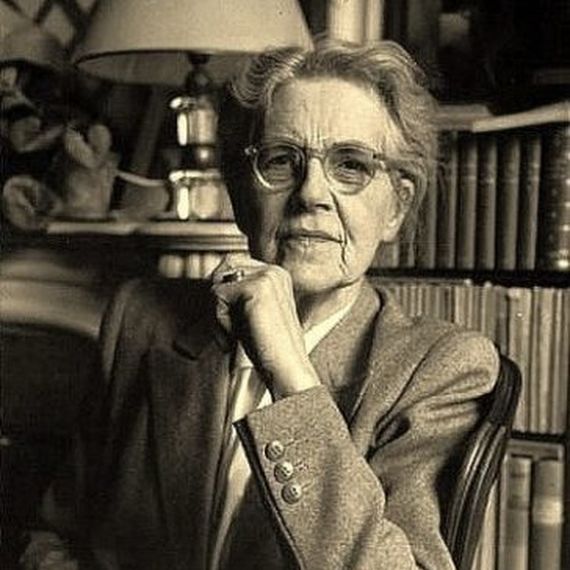The start
As a child, Nadia Boulanger hated music: ‘I could not stand the sound of music. It almost made me sick. I screamed. My sobbing could be heard in the street.’ To the great delight of her musical parents – her father, Ernest Boulanger, was a composer and teacher at the Paris Conservatoire and her mother, Raissa Myschetsky, was a singer – this attitude changed when she was five and tried to play the sound of the siren of a passing ambulance on the piano. From that day on, music entered her life, and by the age of nine she went to study composition at the Paris Conservatoire with Gabriël Fauré.
Her favourites
Nadia Boulanger admired the music of French impressionists like Debussy and Ravel. She had no interest in dodecaphony, but had a strong affinity with Stravinsky. From the time she first heard the Firebird in Paris, she saw the potential of his innovative style. The two artists would be friends for the rest of their lives.
Her sister Lili
As a composer, she left behind a limited but underappreciated oeuvre. She thought her sister Lili, with whom she wrote the opera La ville morte, was much more talented. After her sister’s death, she decided to stop composing and devoted herself entirely to teaching and conducting.
Master teacher
Nadia Boulanger taught at the Paris Conservatoire and was known for her demanding but inspiring style. She strove not only to develop outstanding technique but also expected her students to have an in insatiable hunger for music. Her more than 250 students included Aaron Copland, Leonard Bernstein, Philip Glass, Astor Piazzolla, Quincy Jones, Daniel Barenboim and Elliott Carter. According to the latter, ‘she knew everything there was to know about music … all technical know-how was at her fingertips.’
global reach
Starting in 1921, she also taught at prestigious institutions in the US and the UK, such as Juilliard, the Royal College of Music and the American Conservatory in Fontainebleau.
Rue ballu
Her apartment on Rue Ballu in Paris became an intellectual and musical hub. During weekly soirées, students and established composers gathered to study Bach cantatas and discuss their works and discoveries.
in front of the orchestra
Nadia Boulanger was the first woman to conduct major orchestras, such as the BBC Symphony, New York Philharmonic, Boston Symphony and Philadelphia Orchestra. She conducted numerous world premières, including works by Stravinsky and Copland.


